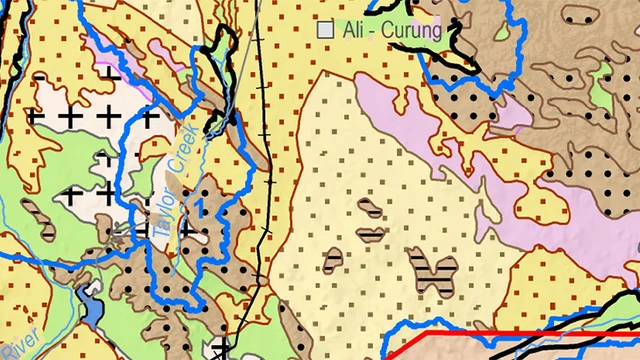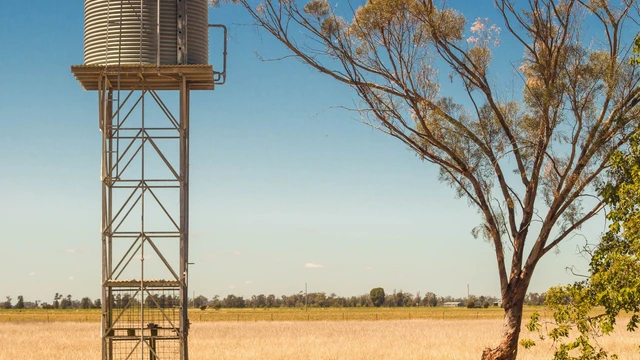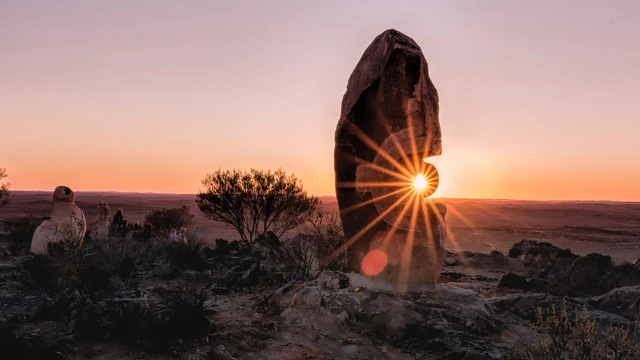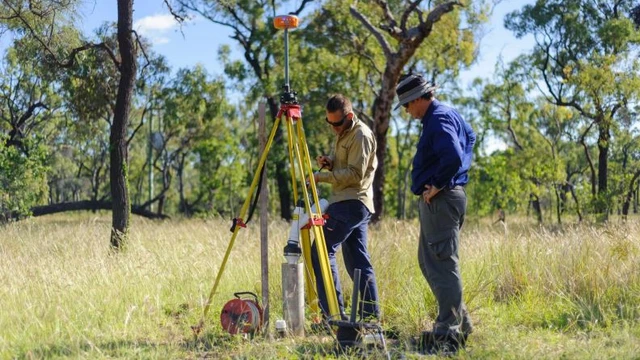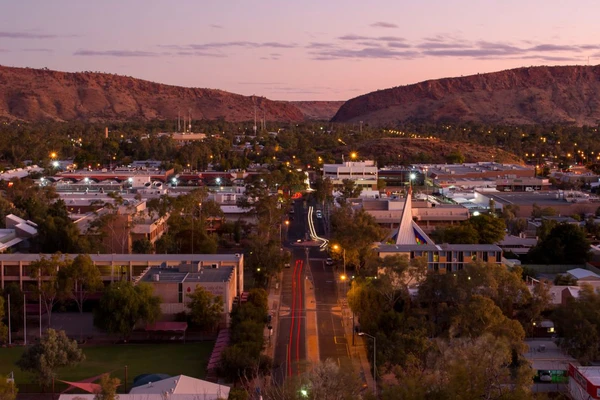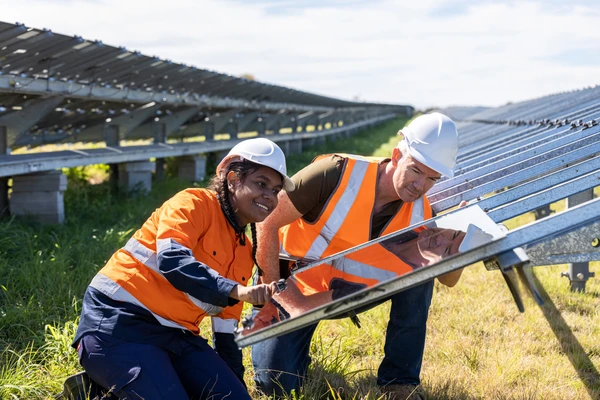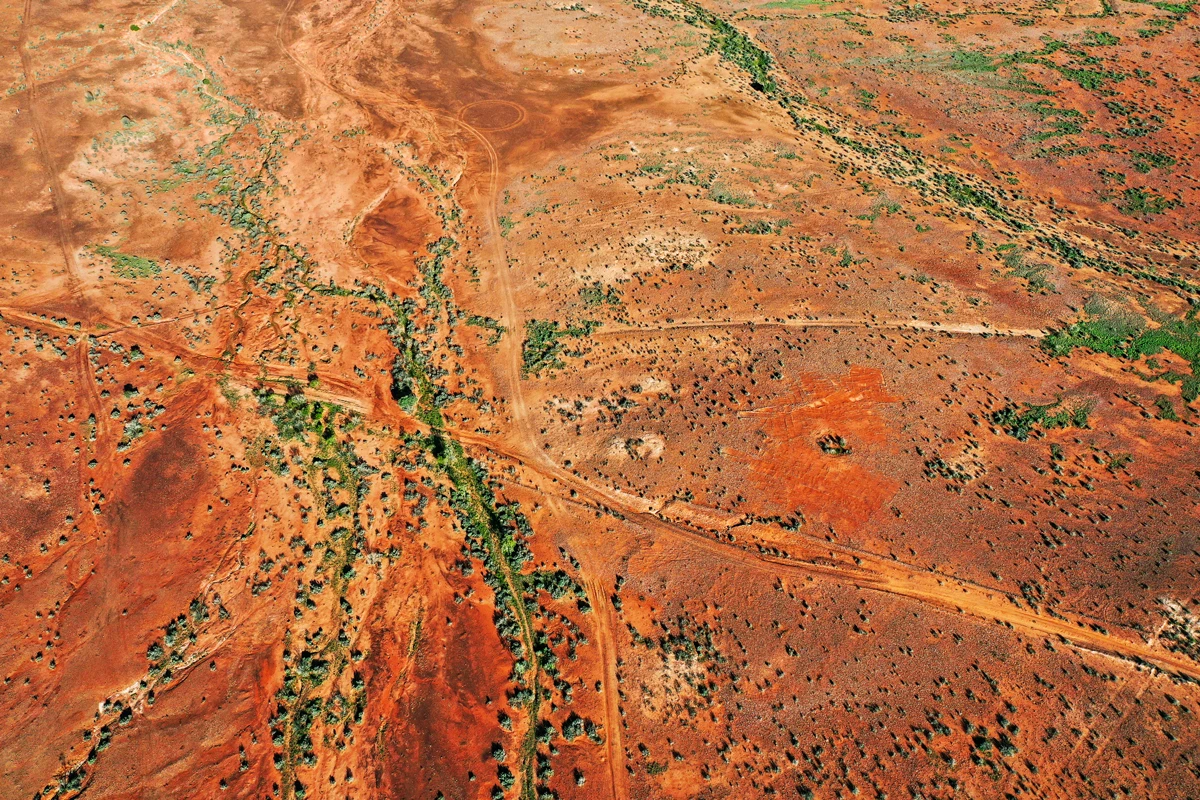The Australian Government's Exploring for the Future program, led by Geoscience Australia, was dedicated to supporting a strong economy, resilient society and sustainable environment for the benefit of all Australians through an integrated geoscientific understanding of our mineral, energy and groundwater resource potential.
Launched in 2016, the first 4 years of the program (2016-20) initially focused on northern Australia. Based on the program's success it was extended (2020-24) and expanded across the whole of Australia.
Drawing together data, science and innovative techniques and technology, the program enabled us to map undercover and underexplored areas. This in turn encouraged new investment in 'greenfield' areas by providing security and certainty to our minerals, energy and agriculture sectors as we transition towards a sustainable, low-emissions future.
The evidence gathered through the program is already translating into real impacts, providing industry and communities with vital information they need to confidently plan, make better informed decisions and invest in new developments.
The Exploring for the Future impact pathway summarises how the program has realised its vision.

